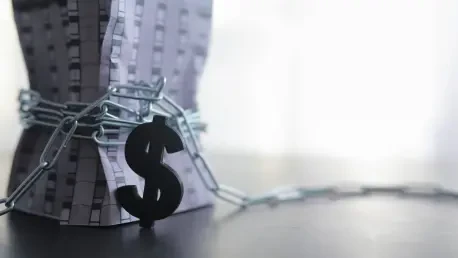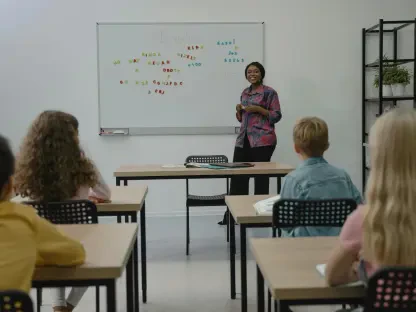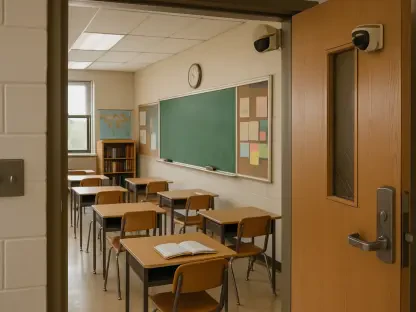For many students and professors at small liberal arts colleges, the sudden closure of an institution represents a shift in life that can disrupt not only academics but also community ties and career aspirations. Are these cherished educational havens facing insurmountable financial pressures that could lead to more closures in the near future? A recent and sobering statistic may add urgency to this concern: in the past five years, over 30 small colleges in the United States have shut their doors, with an additional 15 announcing plans to do so next academic year. This reality casts a shadow over current students and faculty contemplating their futures.
The Vital Issue of Financial Stability in Higher Education
Financial stability in higher education is not merely an operational necessity; it underpins the very quality and possibility of education offered. Small liberal arts colleges have historically played an invaluable role in offering diverse and personalized educational experiences, cultivating critical thinking and broad learning beyond the confines of specialized study. However, trends exposing financial vulnerabilities, such as variable enrollment figures and growing fiscal deficits, are becoming increasingly common. These factors combine to pose a significant threat to the long-term sustainability of many of these institutions.
Analyzing the Financial Hurdles
A deeper examination reveals key financial challenges confronting these colleges: escalating operational costs, economic downturns affecting funding and donations, and changing student preferences leaning toward larger universities or vocational studies. St. Andrews University in North Carolina serves as an instructive case study. Facing a $6.9 million loss in fiscal 2023, St. Andrews was compelled to merge with Webber International University. Despite these efforts, the institution still had to announce its closure, underscoring the stark reality facing similar campuses nationwide. This development not only impacts students but also raises concerns about how such cultural and educational legacies can be preserved.
Expert Opinions and Real-World Accounts
Insights from higher education experts suggest that adjustment strategies are crucial for survival. Emphasizing resource management, diversification of curriculum, and the creation of strategic alliances might pave a way forward. Faculty and students at affected colleges express a common sentiment: the loss of smaller, community-oriented campuses represents a significant void in fostering intimate and innovative learning environments. Research indicates that institutions employing adaptive strategies coupled with financial acumen tend to exhibit greater resilience in the face of adversity.
Strategy and Adaptation: A Roadmap to Endurance
To navigate financial challenges effectively, small liberal arts colleges could implement several strategic approaches. Prudent cost management, expanding academic and co-curricular offerings to attract a wider student base, and forming strategic partnerships with larger institutions or organizations can aid their transition through fiscal instability. Furthermore, involving the broader community in decision-making processes ensures support and shared responsibility, offering colleges a better chance of surviving financial hurdles.
Preparing for a Sustainable Future
The road to financial sustainability in the realm of small liberal arts colleges involves strategic planning and innovation. While closures from previous years were met with swift reactions, moving forward calls for a proactive stance. Institutions must refine their missions, adapt to changing educational landscapes, and harness collective community strength. By doing so, they will have a robust foundation upon which to rebuild and thrive, ensuring richer educational landscapes for future generations seeking a deeper connection in their academic pursuits.









